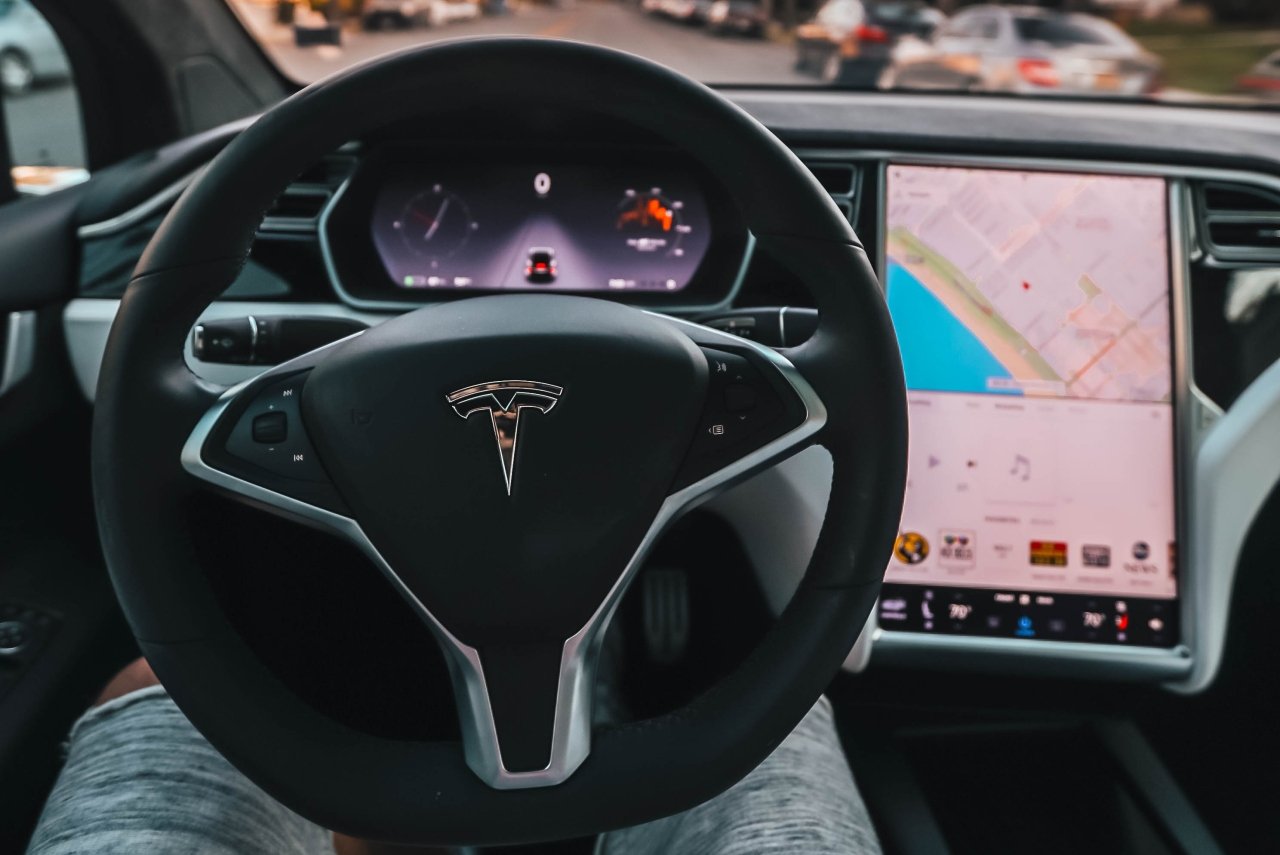In a survey conducted shortly after Uber’s first fatal self-driving accident in March of 2018, the overwhelming majority of Americans said they would be afraid to ride in a self-driving car. The exact figure discovered by the American Automobile Association (AAA) in that study was 73 percent. In fairness, these results may have been skewed by the high-profile coverage of the fatal accident in Tempe, Arizona.
Still, even if it is likely that the accident negatively influenced public perception, distrust in self-driving cars was still the sentiment held by a majority of Americans in 2017 as well. In 2017, the AAA still discovered that 63 percent of Americans had fears of riding in an autonomous vehicle. Many other studies, surveys and polls have reflected similar findings, so this is not exactly a new trend.
Now, a new study shows that Americans are increasingly losing interest in utilizing self-driving cars altogether, and the primary reason for this lack of interest is safety concerns. In effect, it appears Americans are losing interest in the technology primarily because Americans believe the new technology cannot be entrusted with keeping people safe.
Self-Driving Interest on the Decline
If predictions that self-driving is the next big thing are to hold true, it is clear that the self-driving sector has work to do insofar as regaining the trust of the American public. According to a recently released annual sharing economy index from Allianz Global Assistance, only 43 percent of Americans have an interest in relying on self-driving vehicles. If accurate, these figures reveal that a majority of Americans are uninterested in utilizing the tech, which is a significant downturn from the slight majority of Americans (53%) who were interested in utilizing self-driving vehicles when asked in 2017.
The index reported by Allianz Global Assistance found that 71 percent of those surveyed in 2018 cited safety concerns to explain the lack of interest. Worse, only 17% of those surveyed about self-driving cars indicated that they were “very interested” in the technology, whereas a much higher percentage of 32% claimed to be “not interested at all.” The 2nd most common reason for disinterest in the tech was the desire to not be a “guinea pig”, with lack of familiarity and cost coming in at 3rd and 4th, respectively.
These findings, collectively, paint a clear picture. American interest in self-driving has sharply declined as their trust in the technology has decreased. This is an understandable intuition since there are still many issues that self-driving cars must address to ensure the safety of people on the road. Weather, for one, has proven to be an as of yet insurmountable safety issue in some areas of the country.
Even so, the self-driving industry is moving forward, with leading companies like Waymo logging millions of miles on the road already. If you or a loved one has been injured in a self-driving car accident, contact us for a free case evaluation to speak with a self-driving car accident lawyer at The Ledger Law Firm.



